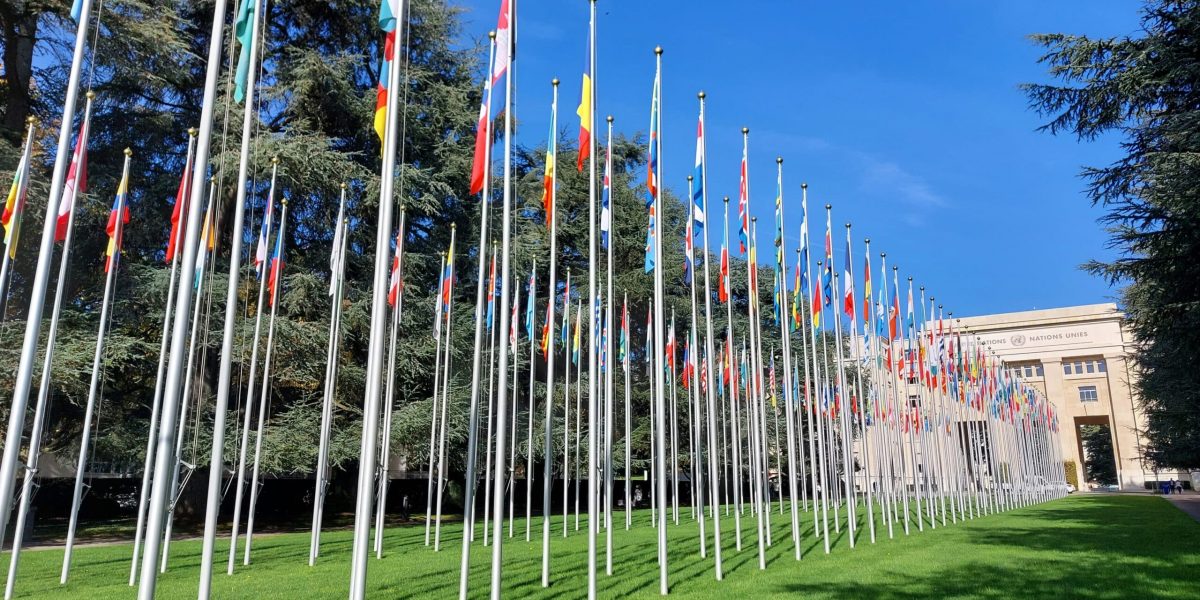How Do Global Politics Shape International Relations?
The intricate web of international relations is constantly influenced by the shifting dynamics of global politics. From alliances and treaties to conflicts and trade agreements, these relationships define how nations interact on the world stage. But what drives these interactions, and why are they crucial for understanding the modern world?
Global politics encompasses the power struggles, negotiations, and collaborations between nations. It addresses issues like economic policies, security concerns, and humanitarian efforts. For instance, the formation of blocs like the European Union (EU) or military alliances such as NATO demonstrates how collective interests often shape relationships. These entities aim to balance power, promote stability, and protect mutual interests, showcasing the impact of global politics on fostering collaboration or escalating tensions.
In today’s interconnected world, decisions made by one nation often ripple across borders, emphasizing the importance of diplomatic engagement and multilateral dialogue. Understanding these dynamics is essential to navigating the complexities of international relations.
What Role Do Economic Policies Play in International Relations?
Economic ties are a cornerstone of international relations, influencing how countries cooperate and compete. Trade agreements, tariffs, and economic sanctions all shape the fabric of these relationships. For example, partnerships like the US-Mexico-Canada Agreement (USMCA) demonstrate how trade policies foster economic interdependence, benefiting all parties involved.
Economic policies can also become sources of tension. Trade wars, such as those seen in recent years between major economies, highlight how disputes over tariffs or subsidies can strain alliances. These conflicts often reflect deeper geopolitical rivalries, where economic measures are used as tools of influence.
Beyond trade, foreign aid and investment also play pivotal roles. Countries offering development assistance to less-developed regions often strengthen their diplomatic ties while fostering goodwill. For instance, initiatives like China’s Belt and Road Initiative (BRI) aim to expand infrastructure and economic connectivity but have also sparked debates about debt dependency and geopolitical motives.
Economic policies act as both bridges and barriers in international relations, showcasing the dual nature of cooperation and competition in a globalized economy.
How Do Security Concerns Influence Diplomatic Relationships?
Security remains a driving force in the evolution of international relations. Nations prioritize national security to protect their citizens, sovereignty, and interests, often shaping foreign policies in the process. Alliances like the United Nations Security Council (UNSC) or bilateral defense agreements underscore the collective approach to addressing global security threats.
In an age of evolving challenges, traditional concerns like border conflicts have been joined by modern issues such as cybersecurity, terrorism, and climate change. For example, multinational efforts to combat terrorism through coalitions and intelligence-sharing agreements illustrate how security concerns transcend national boundaries, requiring collaborative solutions.
Security-driven strategies can also lead to divisions. The proliferation of nuclear weapons and ongoing disputes in regions like the South China Sea demonstrate how differing security interests often clash, heightening global tensions. In these cases, international organizations and mediators play vital roles in conflict resolution, aiming to maintain peace and stability.
Security concerns not only dictate foreign policy but also underscore the delicate balance of power in international relations, revealing the fragility of global peace.
How Can Understanding International Relations Benefit Society?
International relations influence virtually every aspect of modern life, from the prices of imported goods to the stability of global peace. By studying these relationships, individuals and organizations can better understand how decisions made in distant capitals affect their daily lives.
Awareness of diplomatic strategies and global politics fosters informed citizenship. It enables individuals to critically evaluate the implications of international events, such as trade negotiations or peace treaties. This understanding empowers societies to advocate for policies that prioritize sustainability, equity, and global harmony.
Businesses operating in global markets benefit from knowledge of international relations. By recognizing trade policies, geopolitical risks, and cultural sensitivities, companies can make strategic decisions that enhance growth and minimize conflict.
For policymakers, the study of international relations offers insights into building stronger partnerships and addressing shared challenges like pandemics or environmental crises. By fostering dialogue and mutual understanding, nations can create a more cooperative and interconnected world.








